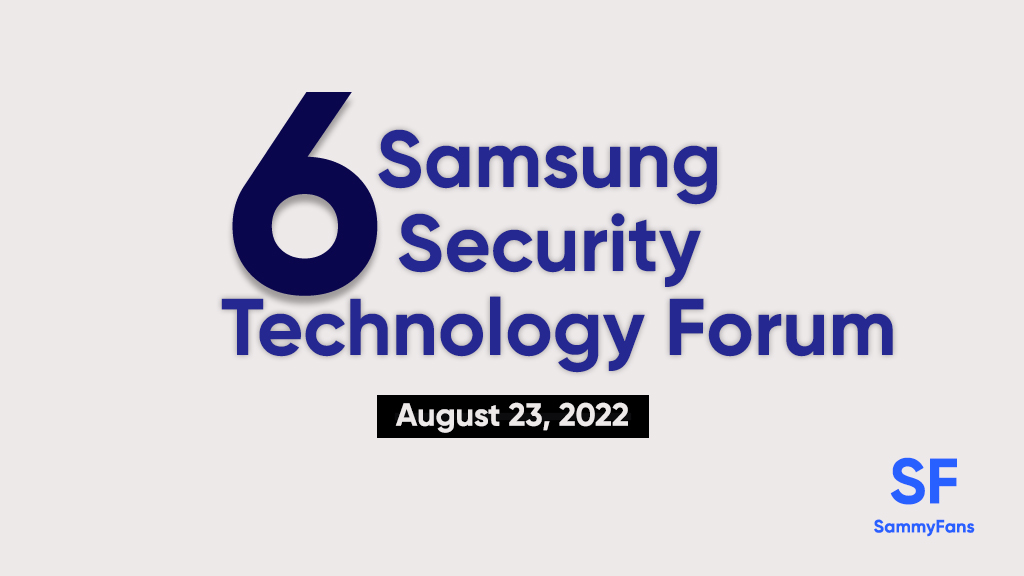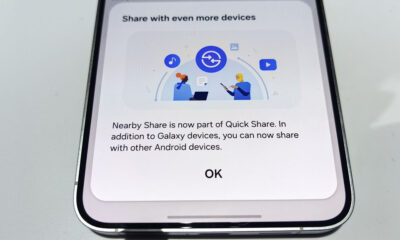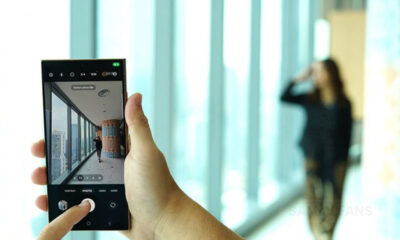News
Samsung shares latest security technologies
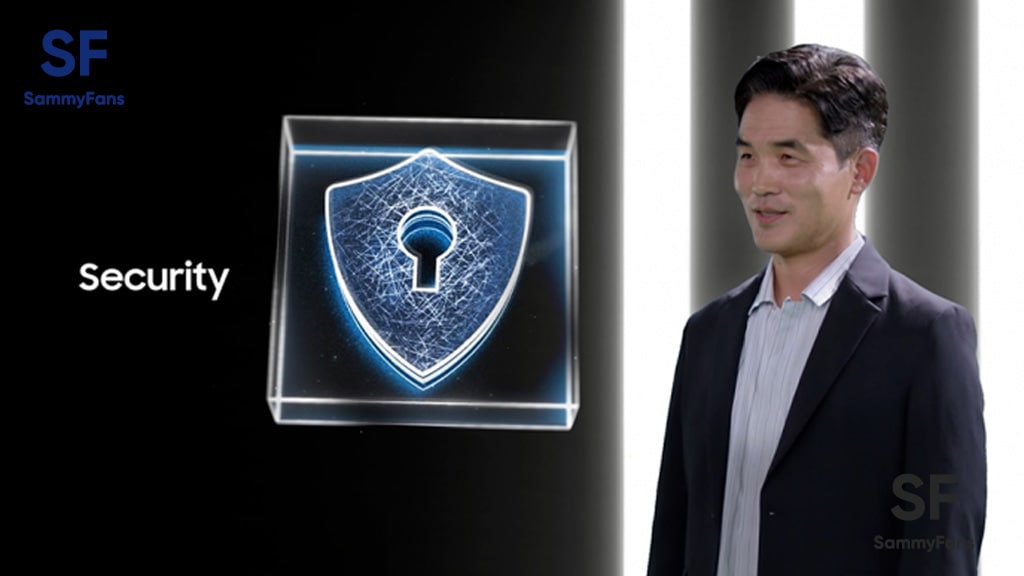
As promised, Samsung held the 6th Samsung Security Tech Forum (SSTF) online on 23 August. The event was organized under the theme “Trust with Samsung: Across All Your Experience”. In this event, the company shares Samsung’s latest security technologies.
Download Sammy Fans App
It is a place where academics and industry officials participate to share the latest technologies and trends in the security technology field of Samsung.
Join SammyFans on Telegram
In order to expand the information security technology base and develop talent, the “Samsung Security Technology Forum” event is organized by Samsung Electronics every year since 2017.
Follow Sammy Fans on Google News
About 6th Samsung Security Tech Forum:
Firstly, the President of Samsung Research Lab Seung Hyun Joon welcomed everyone by saying, “Samsung Electronics always puts the highest priority on customer security and personal information protection. We are building a foundation of trust for our products.”
After that, he said that build a secure foundation with a hardware root of trust, and use automated tools and techniques to eliminate security vulnerabilities and create a seamless and seamless integration into various Internet of Things (IoT) devices to provide a secure user experience.
Hwang Yong-ho, head of Samsung’s research security and privacy team, delivered a keynote speech, introducing Samsung Electronics’ efforts to protect users’ personal information based on powerful security technologies, and highlighting the security and safety of Samsung Electronics’ website.
Georgia Institute of Technology Prof. Daniel Jenkin introduced speculative execution attacks such as Specter and Meltdown and web browser-based side-channel attacks. Side Channel Attack method in computer security is based on physical acquisition process information, such as timing information, power consumption, emitted electromagnetic waves, etc., rather than the design flaws of a protocol or algorithm in computer security.
Georgetown University’s Prof. Mutu Benakita Subramaniam described secure multi-party computation and zero-knowledge proofs related to Blockchain. Zero-knowledge proof means the other party verifier that knows the information without revealing the secret information that only he has.
Wei Dong, Trend Manager at Microsoft Research Institute, shared program analysis techniques and used Intel Processor Trace to find bugs in system code.
Professor Jihoon Kang of the Korea Academy of Science and Technology formally verified the core kernel of the operating system. He gave lectures on the problems and research materials that emerged in research.
Formal Verification is a technique that uses rigorous mathematical techniques to prove or disprove the correctness of an expected algorithm by checking whether a written program performs the desired function and necessarily terminates.
News
TSMC unveils A16: 1.6nm semiconductor manufacturing process
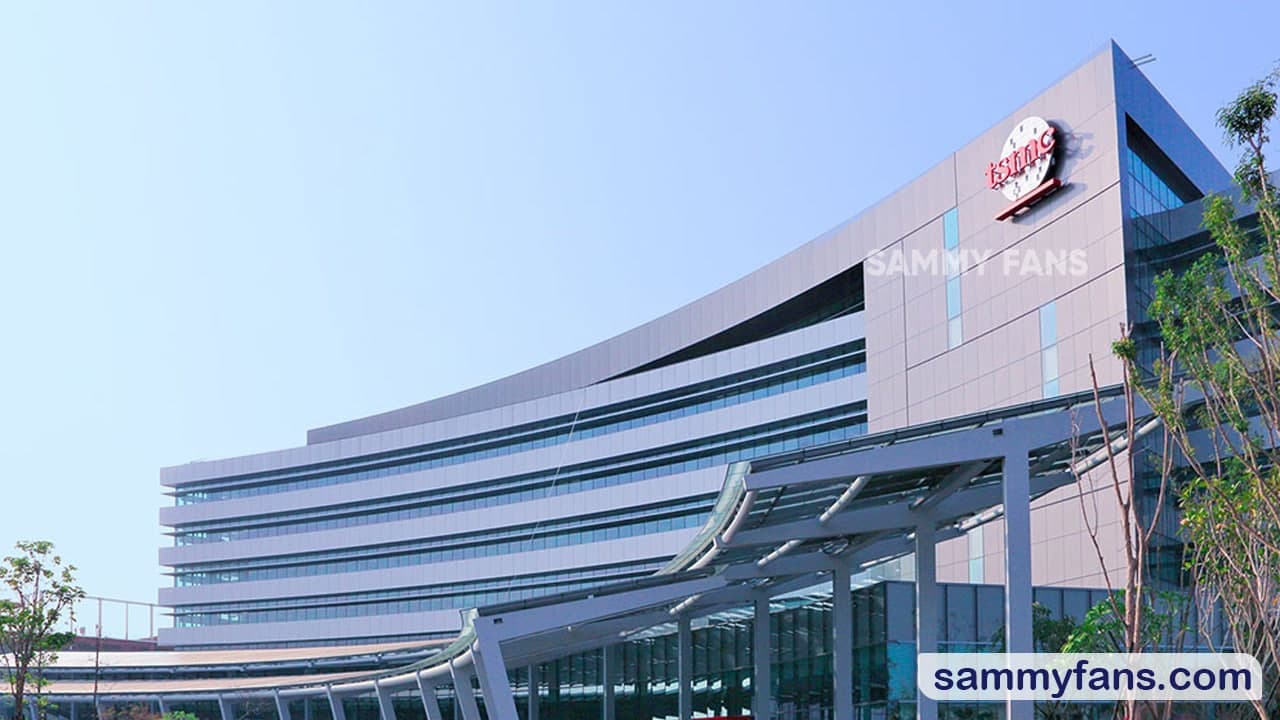
TSMC will commence 1.6nm semiconductor production in the second half of 2026. The company’s Co-Chief Operating Officer, Y.J. Mii, announced (via NikkeiAsia) in the US that the new A16 chip manufacturing technology will begin production in the second half of 2026.
South Korea’s Samsung Electronics is also working on 1.6nm process tech, called Backside Power Delivery. Taiwanese chipmaker said that 1.6nm is an area where they are competing with Intel, racing to boost the speed of AI semiconductors.
Demand from AI chip companies led TSMC to develop the new A16 chip manufacturing process faster than expected. High NA EUV, the next-generation extreme ultraviolet exposure equipment for drawing ultra-fine circuits, is unlikely to be used.
Samsung previously revealed it plans to mass produce 2nm in 2025 and 1.4nm in 2027, which is similar to TSMC. Meanwhile, Intel could start mass production of the 1.8nm process later this year, with 1.4nm expected to be announced in 2027.
Stay up-to-date on Samsung Galaxy, One UI & Tech Stuffs by following Sammy Fans on X/Twitter. You can also discover the latest news, polls, reviews, and new features for Samsung & Google Apps, Galaxy Phones, and the One UI/Android operating system.
Do you like this post? Kindly, let us know on X/Twitter: we love hearing your feedback! If you prefer using other social platforms besides X, follow/join us on Google News, Facebook, and Telegram.
News
Fresh Samsung Quick Share App update available for Android 14 devices
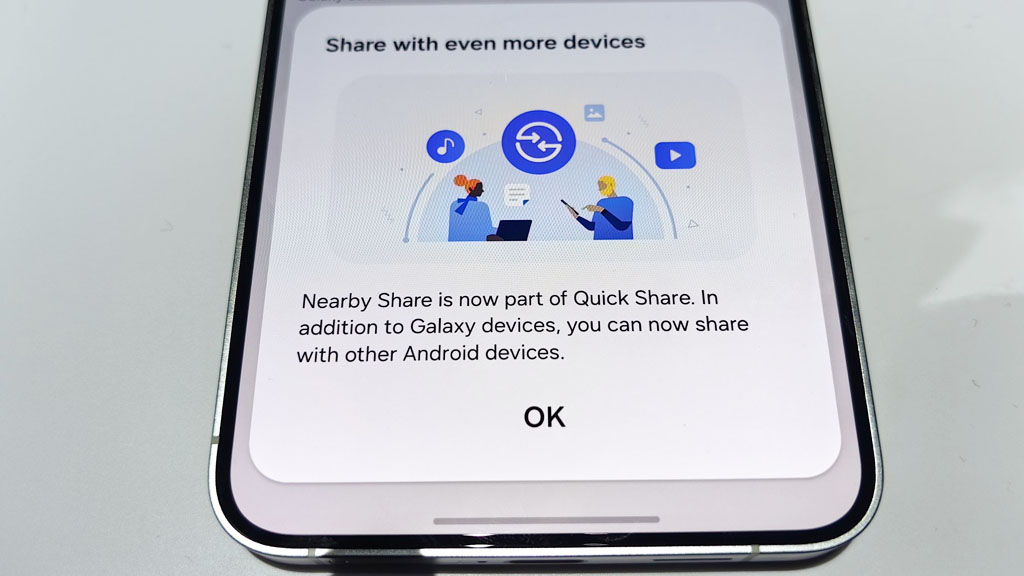
Samsung is releasing a new update of the Quick Share app for Android 14 devices. Identified via version 13.6.13.6, the new update is available on the Galaxy Store with an installation package of 25.58MB
The fresh update brings the Family Hub refrigerator nearby sharing support for a better experience. It also fixes some bugs encountered in the previous version. However, it does not bring any new features or changes but you will surely get a smoother usability experience after updating.
It is worth mentioning that the Samsung Quick Share 13.6.13.6 update is compatible with Galaxy devices running Android 14 based One UI 6.1 or One UI 6.0. If your device is eligible you can install the update to enjoy enhanced functions.
Users can update the Quick Share app in two ways. The first way is to update from Galaxy Store, for which open the Galaxy Store app >> Menu Options >> Updates. A new page will open from where you can install all available updates.
The second one is from the app, for that, you have to open Settings of your smartphone >> Connected devices >> Quick Share >> About Quick Share. If any new update is available then you will see the Update option. You can install the latest update by tapping on the Update button.
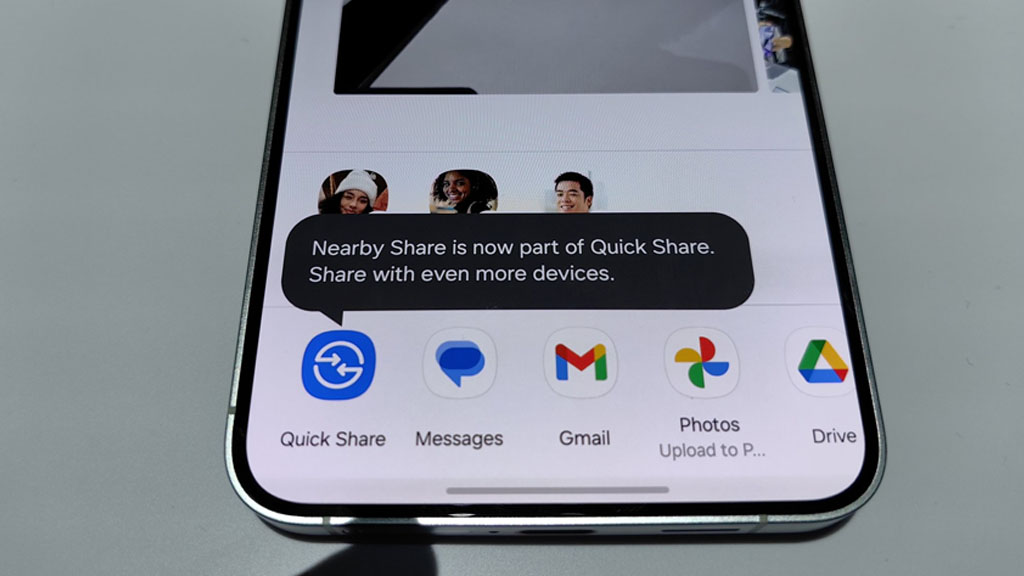
Stay up-to-date on Samsung Galaxy, One UI & Tech Stuffs by following Sammy Fans on X/Twitter. You can also discover the latest news, polls, reviews, and new features for Samsung & Google Apps, Galaxy Phones, and the One UI/Android operating system.
Do you like this post? Kindly, let us know on X/Twitter: we love hearing your feedback! If you prefer using other social platforms besides X, follow/join us on Google News, Facebook, and Telegram.
News
Samsung TV Plus US adds three new channels from Mattel

Mattel to Bring Three Channels to Samsung TV Plus in the US. Barbie and Friends, Hot Wheels Action, and Mattel Jr. to mark Mattel’s first-ever FAST channels, enhancing Samsung TV Plus’ Family & Kids offering with content featuring iconic Mattel brands.
Samsung announced its partnership with Mattel, bringing three channels on TV Plus in the US. The newly announced channels will be available on TV Plus later this year, accessible through Samsung Smart TVs and Galaxy Devices.
Mattel’s Barbie and Friends, Hot Wheels Action, and Mattel Jr. to broadcast content inspired by globally beloved brands such as American Girl, Barbie, Hot Wheels, Fisher-Price, Masters of the Universe, Matchbox, classic Monster High, Thomas & Friends, and more.
The new channels will be easy to access, around-the-clock kids programming curated for fans of Mattel IP to enjoy hours of shows and family entertainment. Users can find the shows on the dedicated ‘Kids’ destination on the Samsung TV Plus home screen.

Image: Samsung Newsroom
Stay up-to-date on Samsung Galaxy, One UI & Tech Stuffs by following Sammy Fans on X/Twitter. You can also discover the latest news, polls, reviews, and new features for Samsung & Google Apps, Galaxy Phones, and the One UI/Android operating system.
Do you like this post? Kindly, let us know on X/Twitter: we love hearing your feedback! If you prefer using other social platforms besides X, follow/join us on Google News, Facebook, and Telegram.

